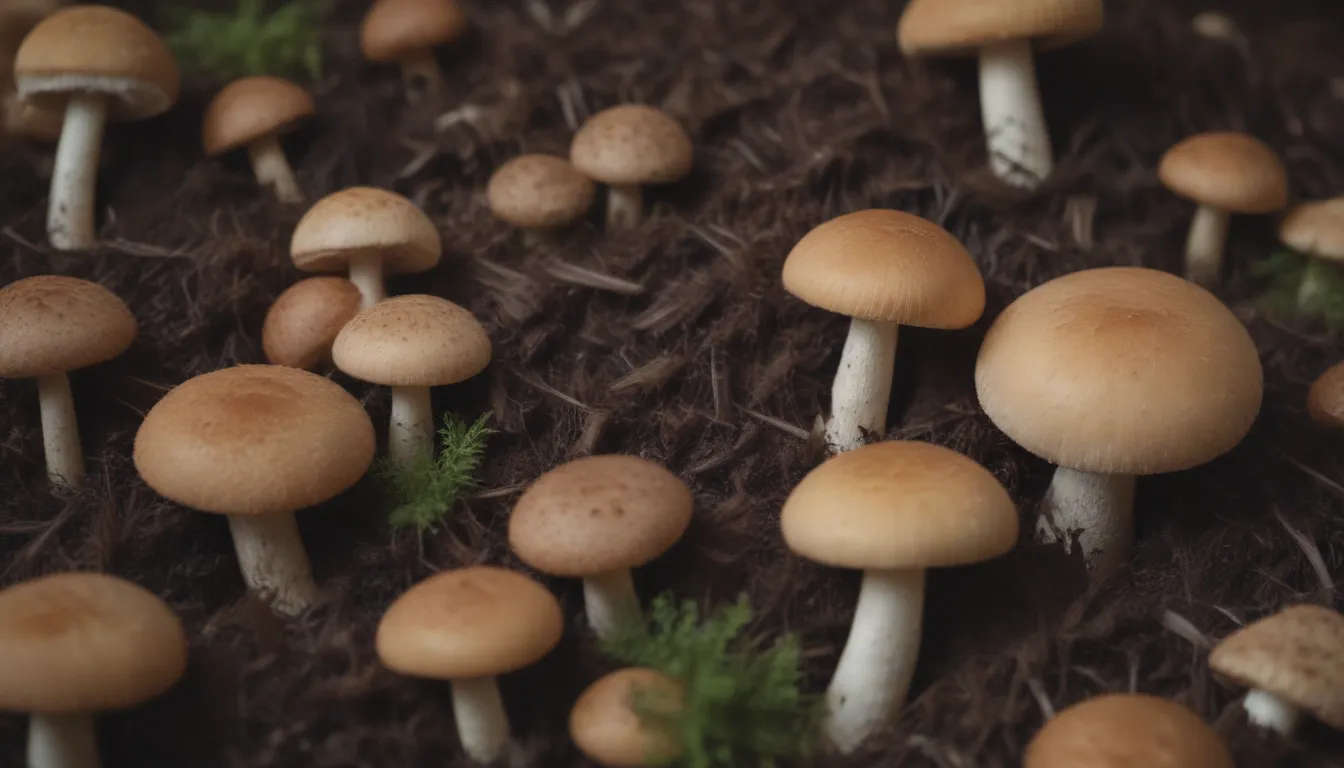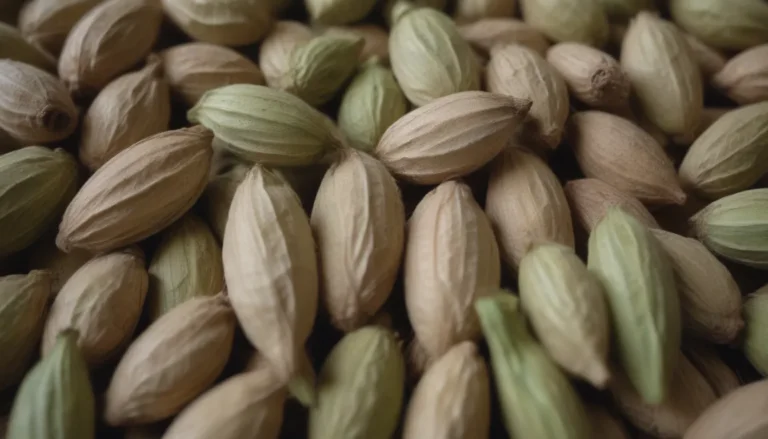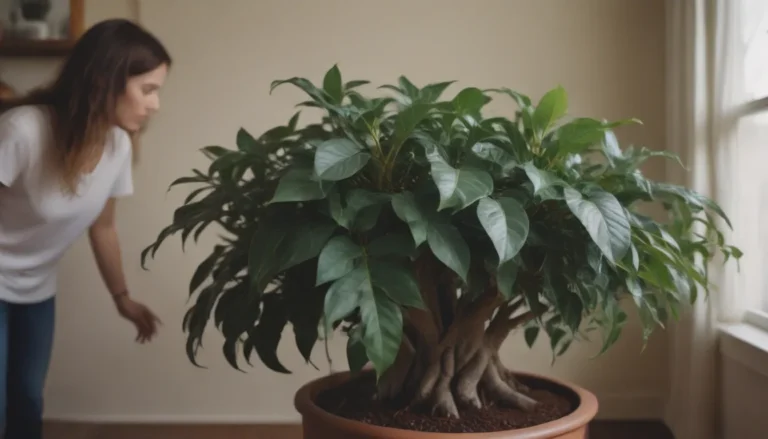Everything You Need to Know About Mushroom Compost

Are you looking to boost your gardening game and give your plants the best possible chance to thrive? Then mushroom compost might just be the key ingredient you’ve been missing. While its name might be a bit misleading, this soil amendment is packed with benefits that can enrich your soil and help your plants grow strong and healthy.
So, what exactly is mushroom compost, and why should you consider using it in your garden? Let’s dive into the world of mushroom compost and explore how it can benefit your plants and soil.
What Is Mushroom Compost?
Contrary to what the name implies, mushroom compost doesn’t actually contain any mushrooms. Instead, it is a by-product of mushroom farming, specifically the growth medium that mushrooms are cultivated in. This nutrient-rich mixture, also known as “mushroom soil,” is a valuable resource that can serve as both a plant fertilizer and soil amendment.
When mushrooms are harvested, the growth substrate—comprised of materials like hay, straw, manure, and crop residue—is removed and composted to create mushroom compost. This compost is then sold in bags or bulk as Spent Mushroom Compost (SMC) or Spent Mushroom Substrate (SMS).
How Mushroom Compost Is Made
The process of creating mushroom compost starts with the substrate used to grow mushrooms. After mushrooms have been harvested, the substrate is composted for about 30 days at a high temperature to kill any weed seeds, pests, or disease-causing pathogens. It is then steam-pasteurized to ensure it is free from any harmful organisms.
Once the composting process is complete, the substrate is inoculated with mushroom spawn and covered with a layer of sphagnum moss and limestone to support further mushroom growth. After the medium has exhausted its ability to sustain mushroom growth, it is sold as mushroom compost for use in gardening.
The Benefits of Mushroom Compost
Mushroom compost offers a range of benefits for your garden soil and plants, but it’s essential to understand both the pros and cons before incorporating it into your gardening routine.
Pros
- Acts as a plant fertilizer and soil amendment
- Contains a variety of organic materials
- Helps improve soil structure and fertility
- Supports plant growth and development
Cons
- Contains less nitrogen than regular compost
- Has a higher calcium content, which can affect soil pH
- Should not be used as the only growth medium for plants
How Mushroom Compost Differs from Regular Compost and Manure
Mushroom compost is distinct from both regular compost and manure due to its unique composition and use. While regular compost is rich in nutrients and suitable for a wide range of plants, mushroom compost has a lower nitrogen content and higher calcium levels. Similarly, manure is high in nitrogen and requires maturation before use, unlike mushroom compost, which is ready to go straight from the bag.
When choosing mushroom compost for your garden, opt for products from certified organic mushroom farms to ensure the highest quality and environmental standards.
Using Mushroom Compost in Your Garden
When and how you use mushroom compost can impact its effectiveness in your garden. Most mushroom compost sold commercially is aged and ready to use, but if you purchase fresh compost, it’s essential to cure it before incorporating it into your soil.
To apply mushroom compost effectively:
– Spread one to three inches over flower beds and vegetable gardens
– Mix with potting medium for container plants
– Work into the soil around plants like tomatoes that benefit from additional calcium
Remember not to overdo it—excessive use of mushroom compost can harm your plants. Follow recommended guidelines for application to ensure your garden thrives without any adverse effects.
In conclusion, mushroom compost can be a valuable addition to your gardening toolkit, providing essential nutrients and organic matter to support plant growth. By understanding how to use and apply mushroom compost effectively, you can give your garden the boost it needs to flourish. So why not give mushroom compost a try and see the difference it can make in your garden today?
References:
– Oregon State University Extension Service
– University of Florida
– Penn State Extension
– American Mushroom Institute





